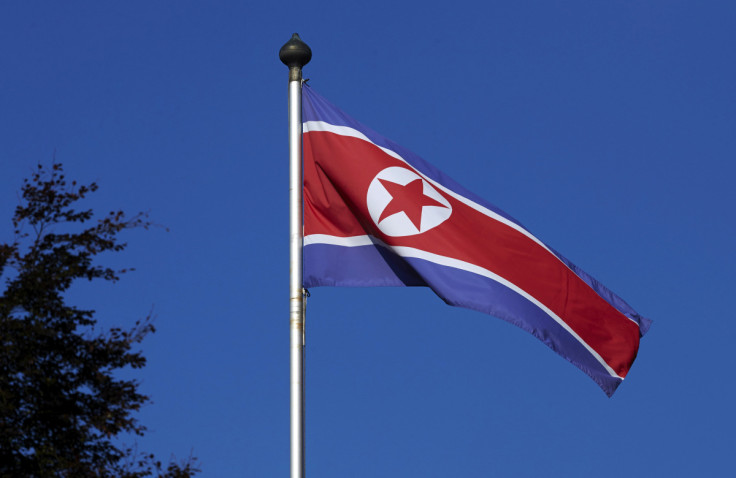North Korea Escapees Sue Kim Jong Un For Being 'Deceptively Lured' And 'Detained'

KEY POINTS
- Eiko Kawasaki rode a one-way boat to North Korea in 1960, hoping to get a better life
- Kawasaki escaped North Korea in 2003 by crossing the border into China, leaving her children there
- Sora Li, Kawasaki's daughter, fled North Korea with her daughter in 2006
An 80-year-old mother and her daughter are waging a campaign to hold North Korean leader Kim Jong Un accountable for a relocation program that deceived and detained thousands of Koreans between 1959 and 1984.
Eiko Kawasaki, an ethnic Korean living in Japan, was one of the 90,000 people of Korean descent who moved to North Korea to join the resettlement program, hoping to get a better life in the communist country.
In 1960, when she was 17 years old, Kawasaki rode a one-way boat to North Korea to participate in the program.
Kawasaki, now 80, worked in construction and cared for her North Korean husband with a long-term illness.
"I wasn't warm like a regular mother to my children. My role was to provide for the family through my work," Kawasaki told the Wall Street Journal.
In 2003, Kawasaki escaped North Korea by crossing the border into China, before returning to Japan. She left behind her children after they became adults.
Kawasaki's daughter, Sora Li, was angered by her mother's decision to leave them.
Li's family suffered after her mother escaped North Korea. Her husband started drinking after being passed over for promotions because of her mother's escape, and her 4-year-old could no longer be treated by a hospital for malnutrition.
Li said she decided to escape the country along with her children after a woman neighbor knocked on her door asking for help after she was attacked by her own son, who was addicted to methamphetamine.
In 2006, Li and her children crossed the border into China, but with no intention of reuniting with her mother.
But when authorities raided their shelter in China, Li desperately called her mother for help. Kawasaki called the Japanese Embassy in Beijing and asked them to provide shelter for her daughter's family.
They were finally reunited in Japan, and Li discovered that her mother was actively raising public awareness about the plight of people who went to North Korea. Li said she feared that the publicity would endanger her four siblings, who remained in North Korea.
"I came around to the view that someone needed to try to resolve North Korea's human-rights violations. That's what motivated my mother, and I decided I should show my face as part of the campaign," Li said.
In 2018, Kawasaki and four other people who went to North Korea filed a lawsuit against its leader, Kim, after they were "deceptively lured" by the program and "detained" there.
In March, a court in Tokyo ruled that while North Korea had deceived them, they had taken too long to file a lawsuit, thereby rejecting their claims for reparations.
But the plaintiffs are preparing to raise the complaint at the Tokyo High Court.
According to human rights groups, only about 150 of those who moved to North Korea from Japan have managed to flee, according to WSJ.

© Copyright IBTimes 2024. All rights reserved.






















